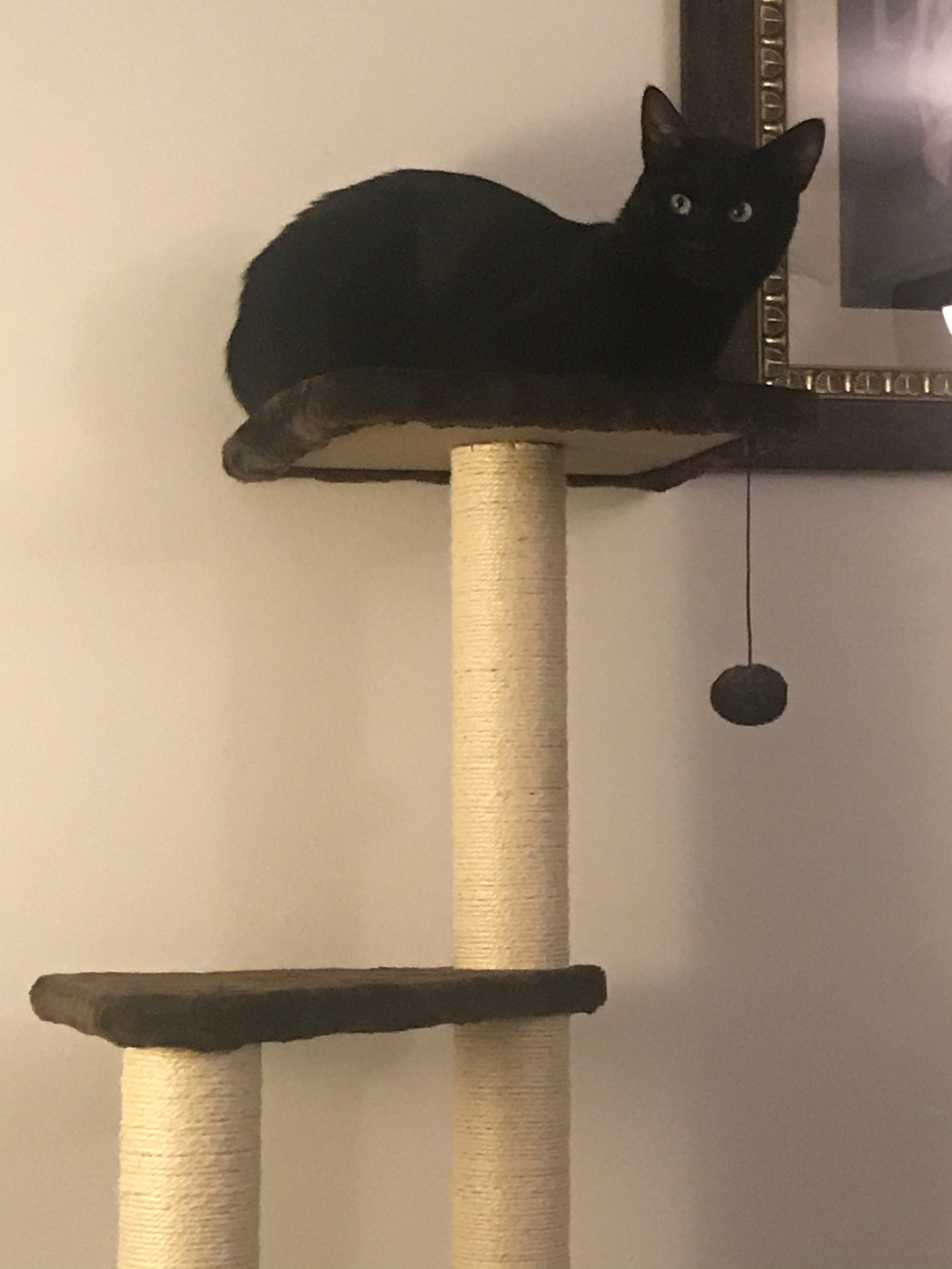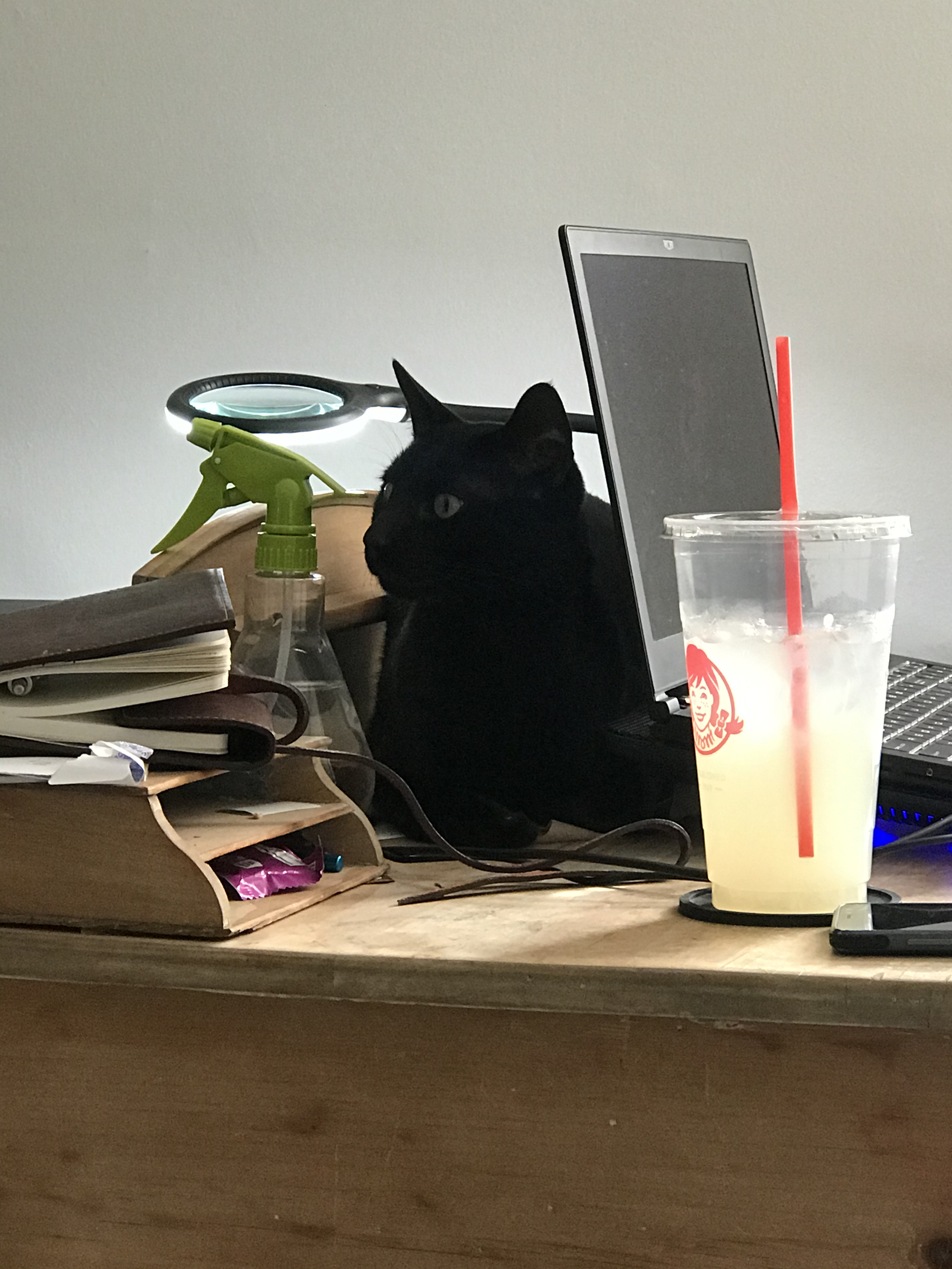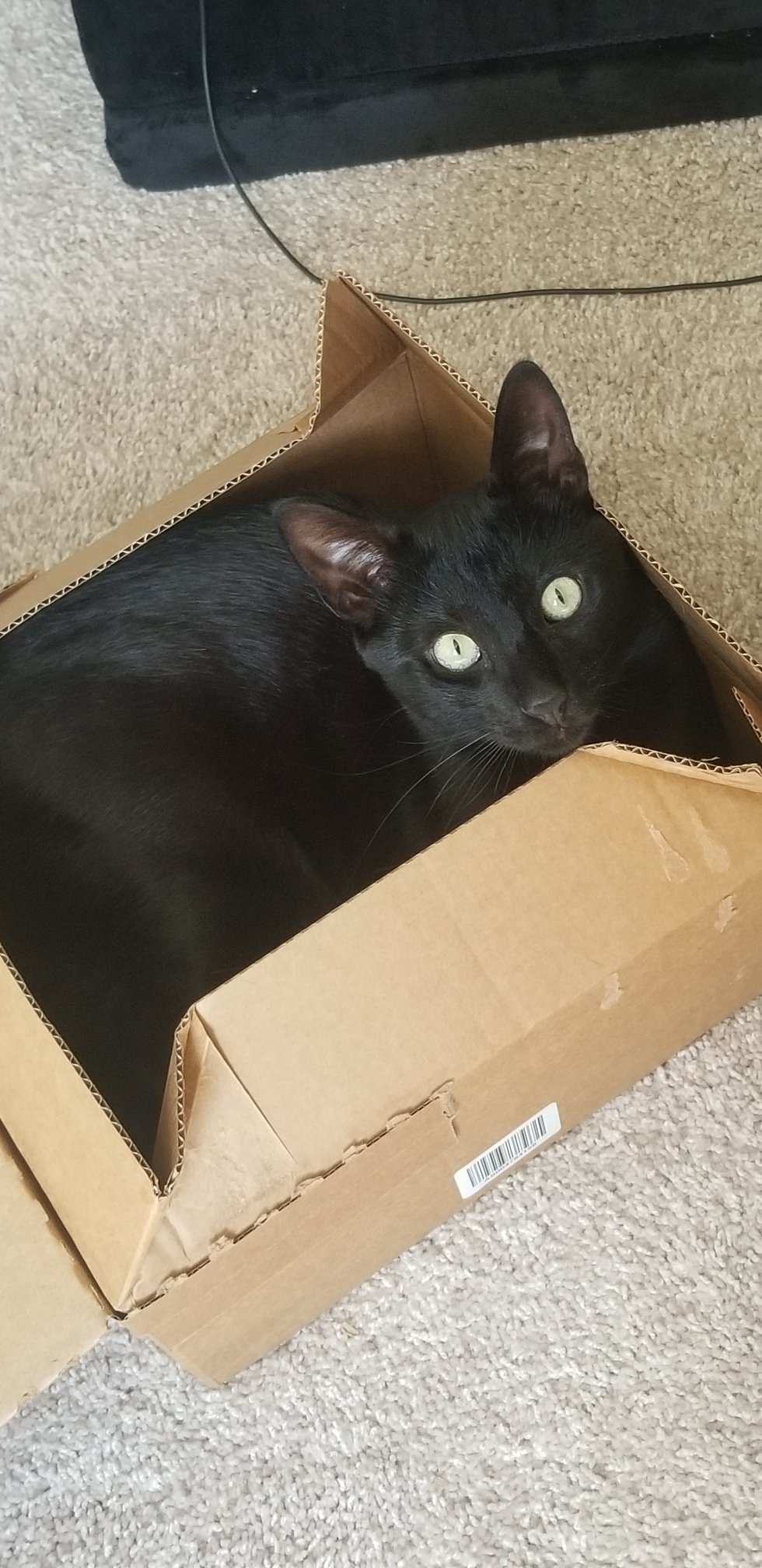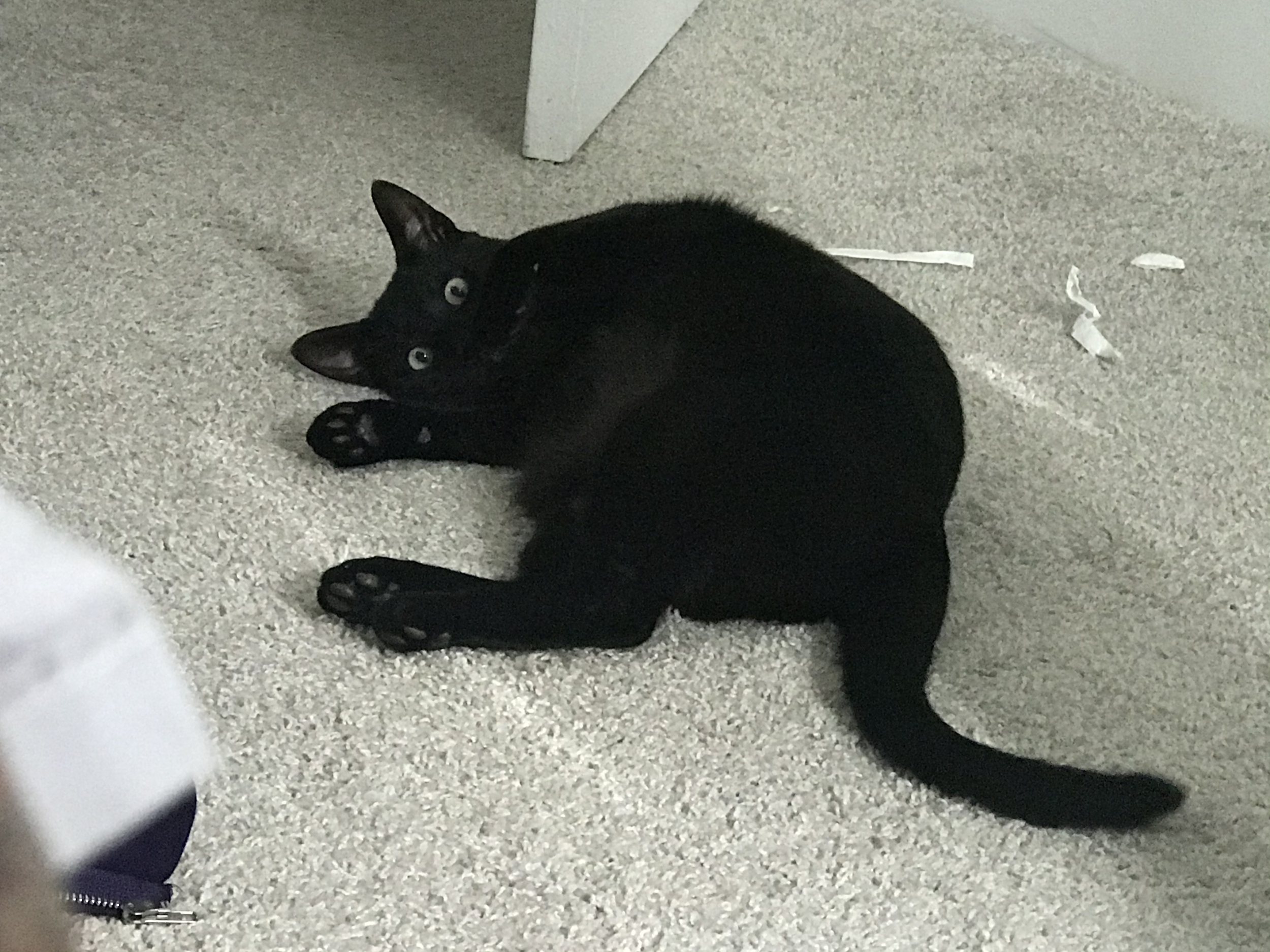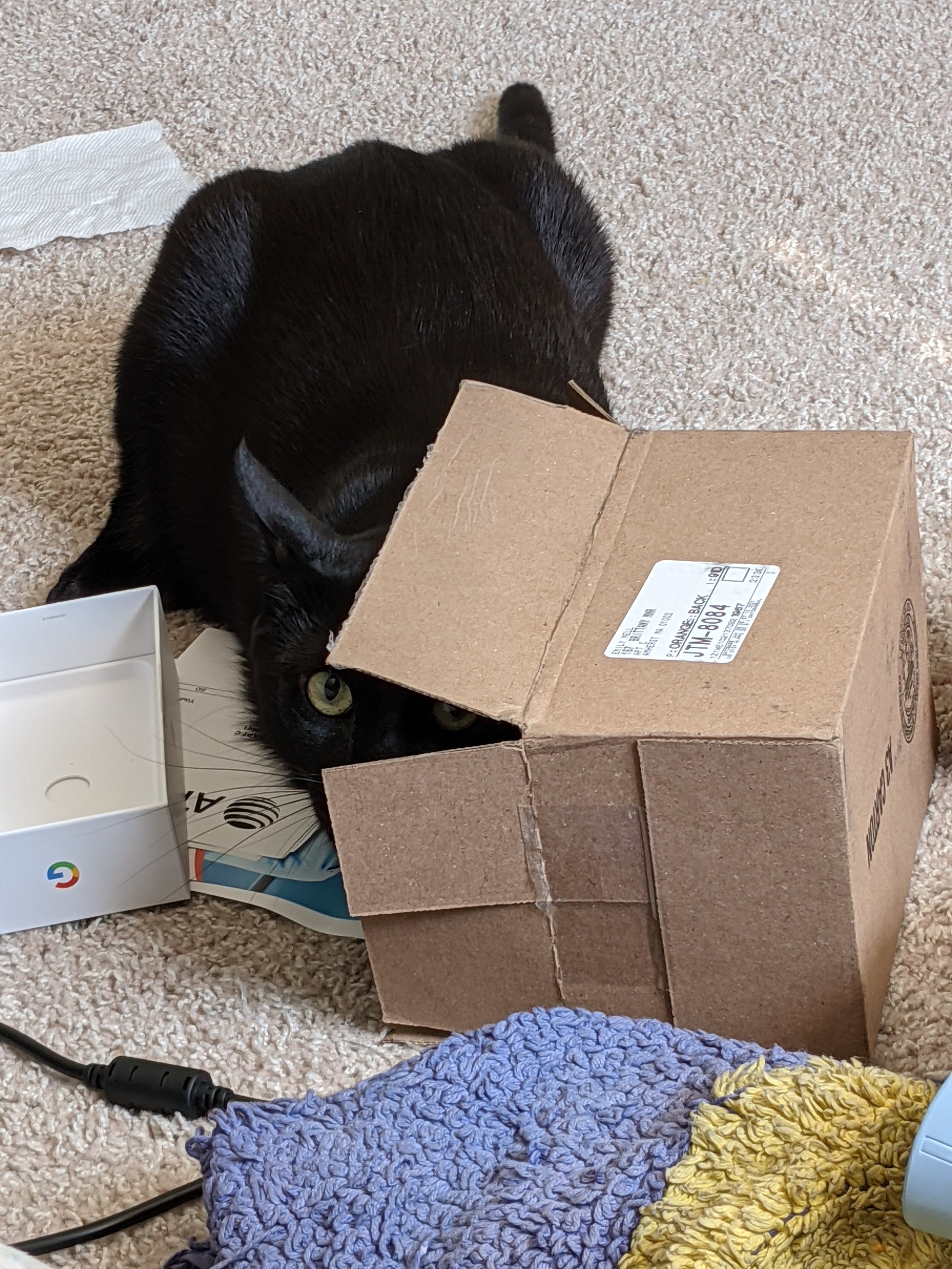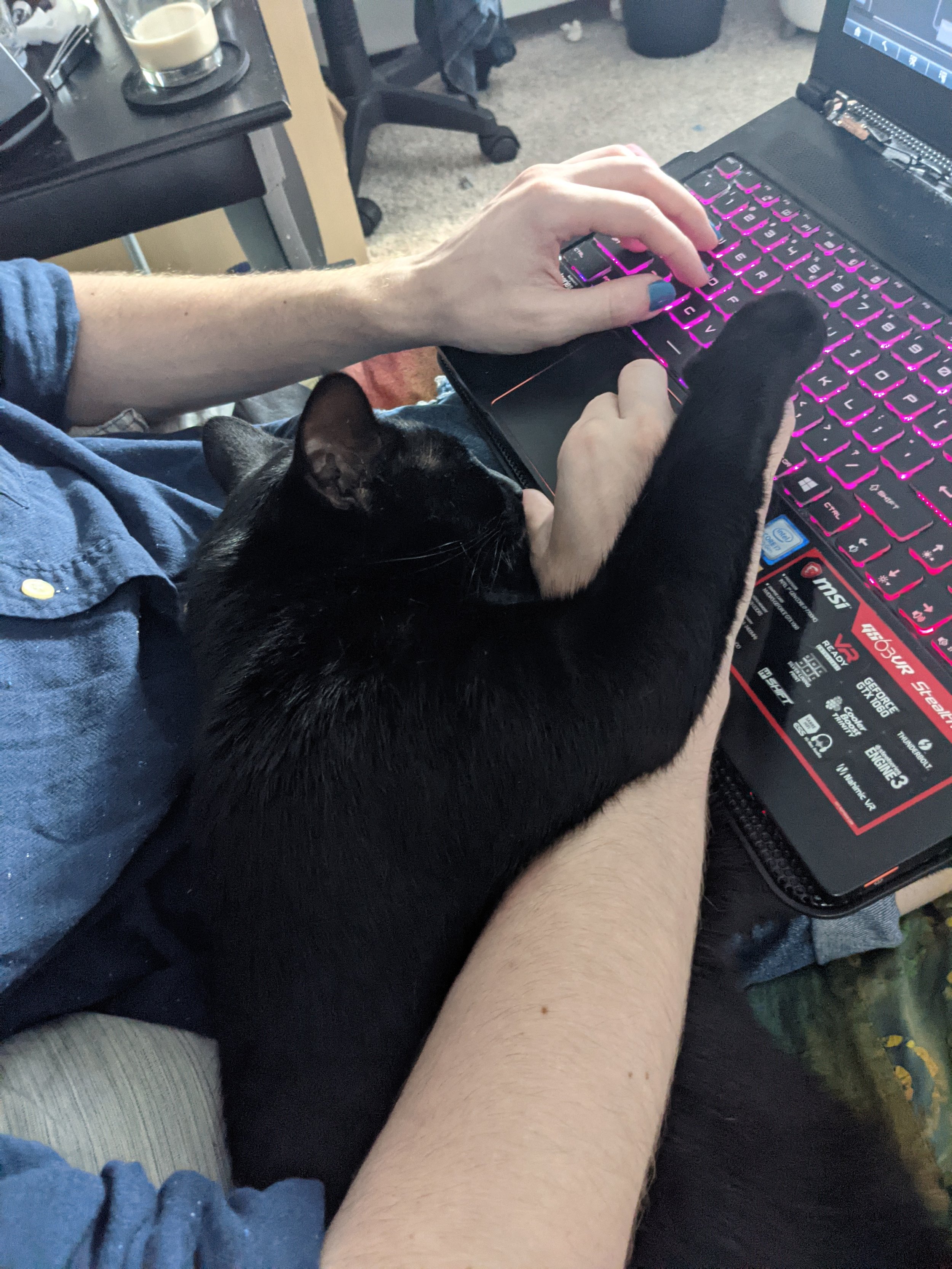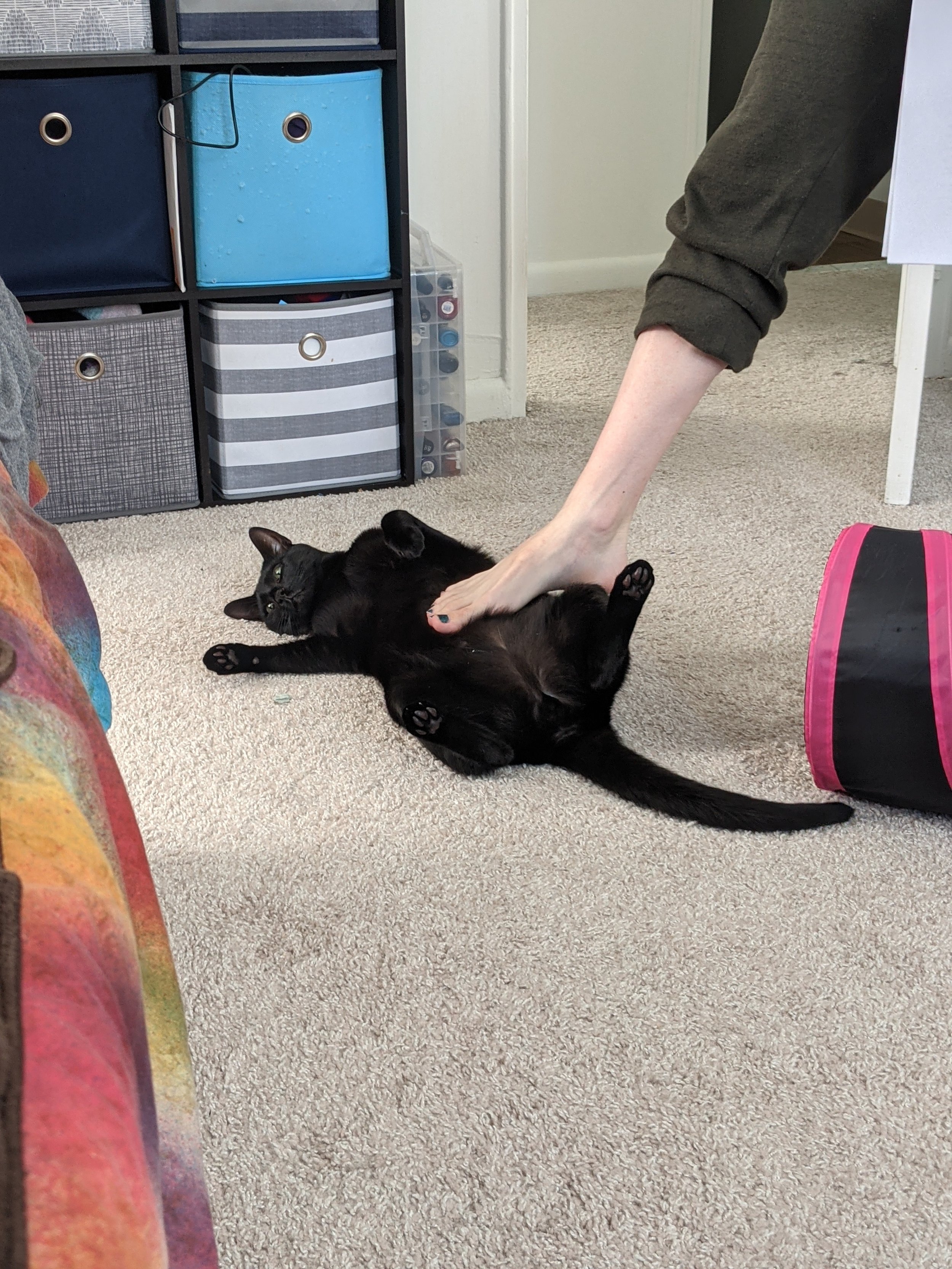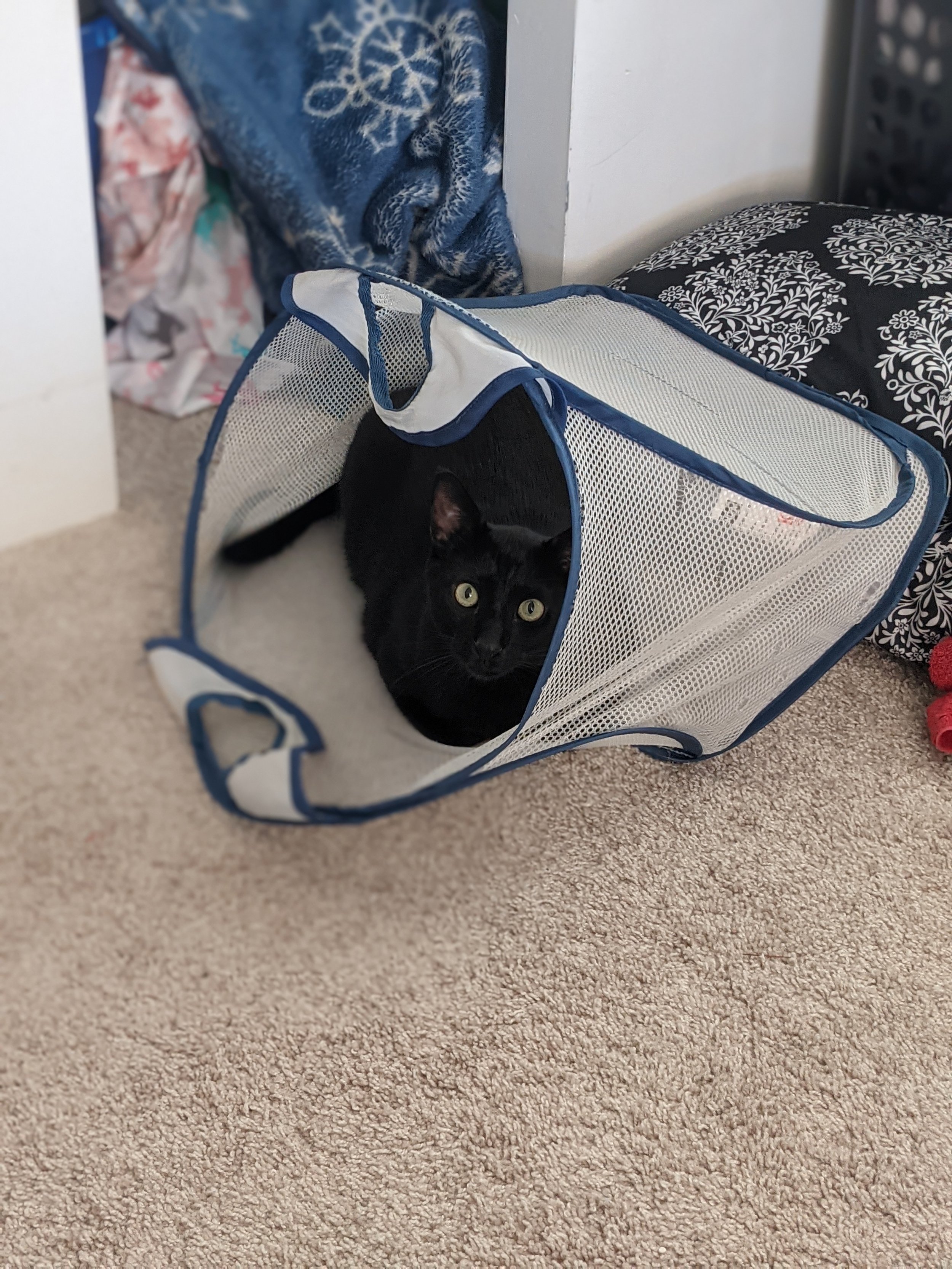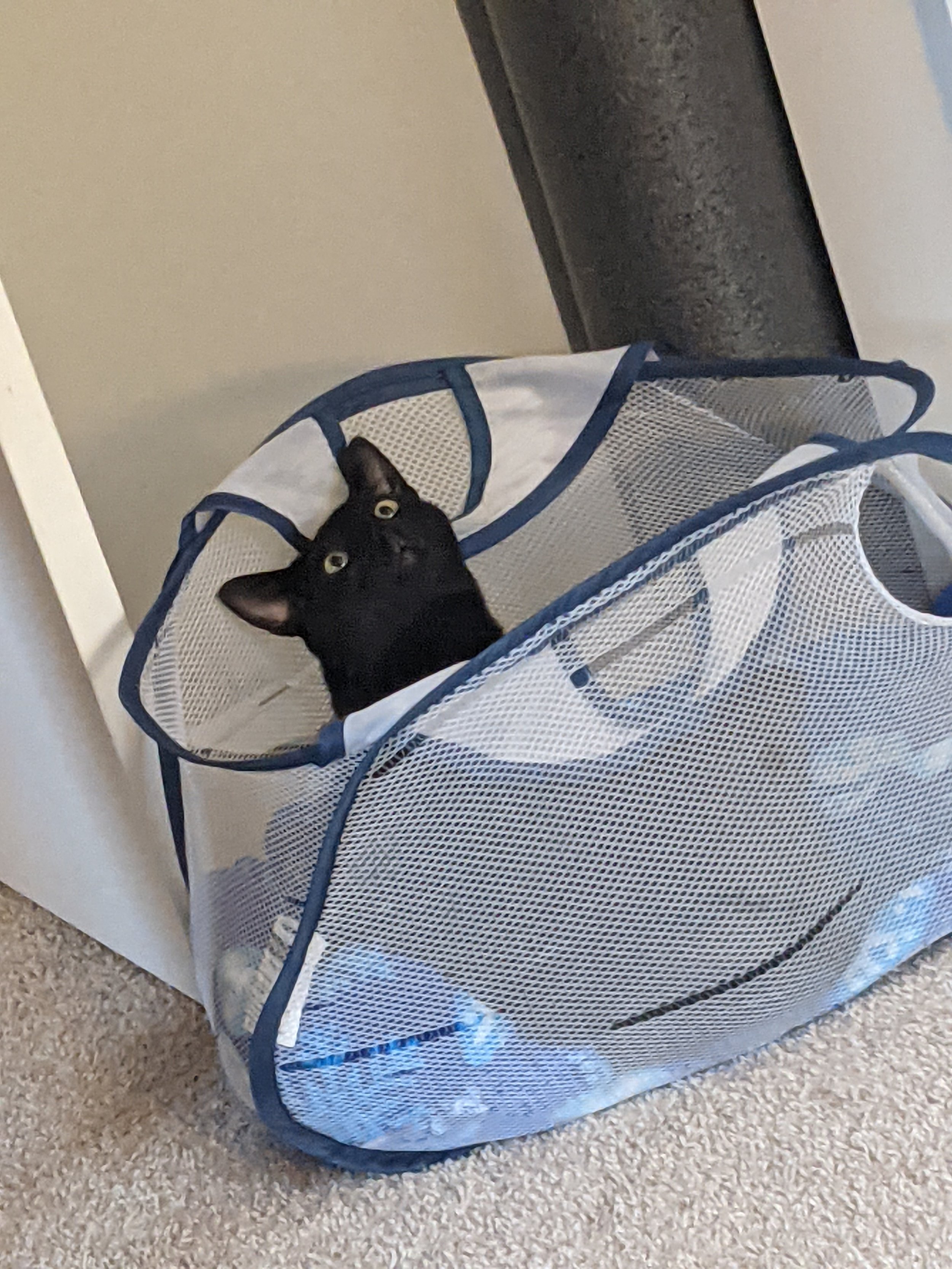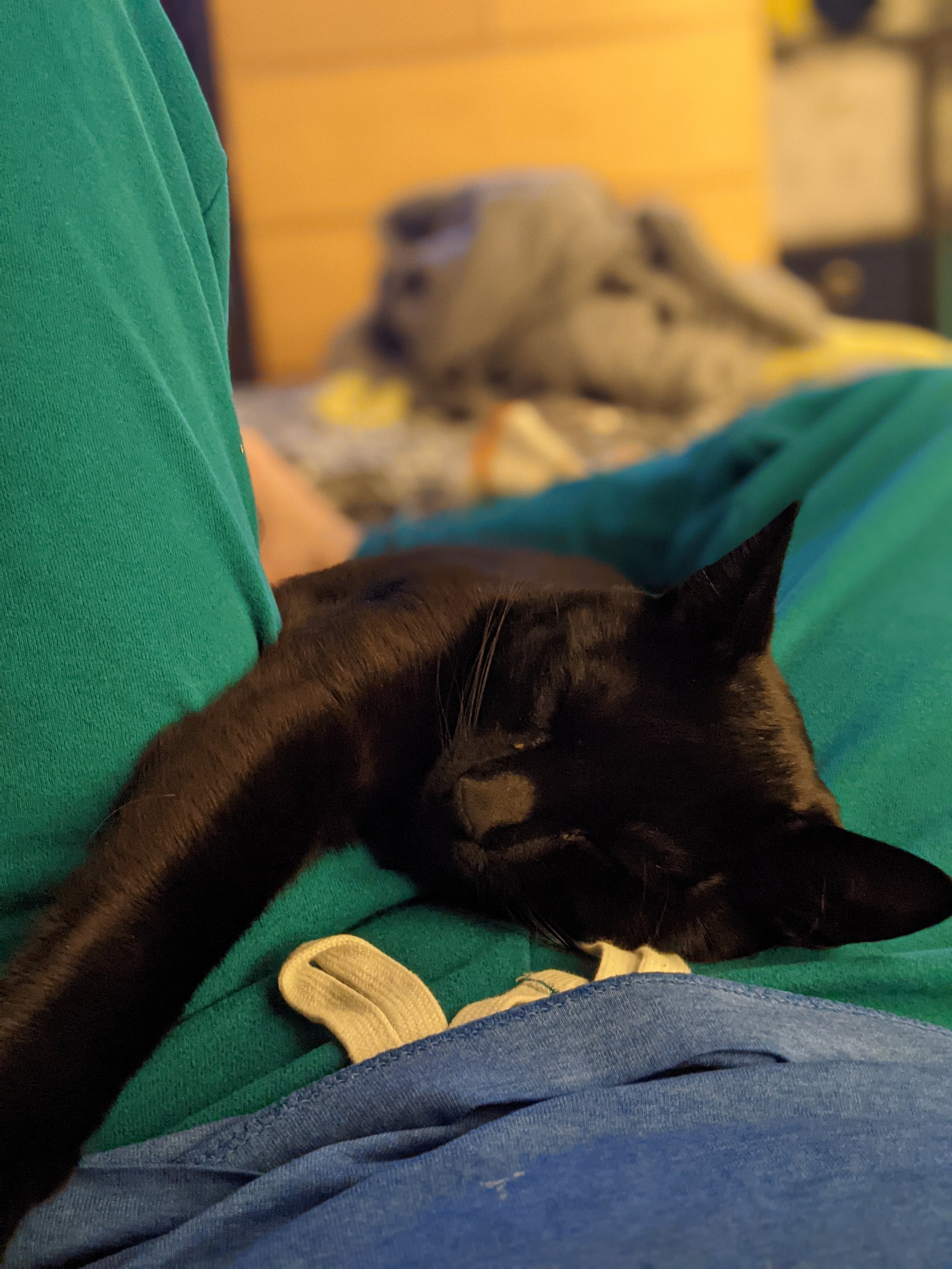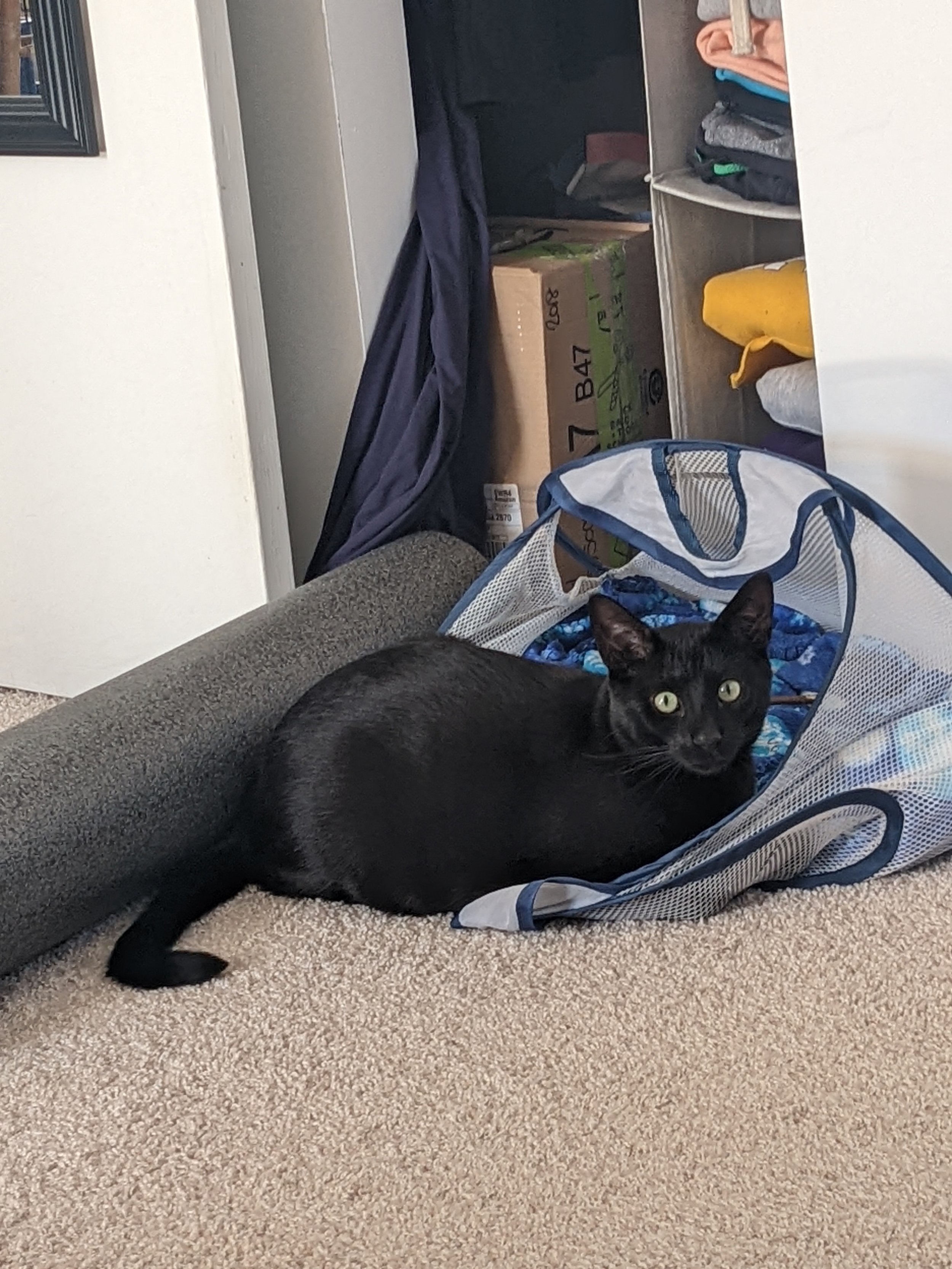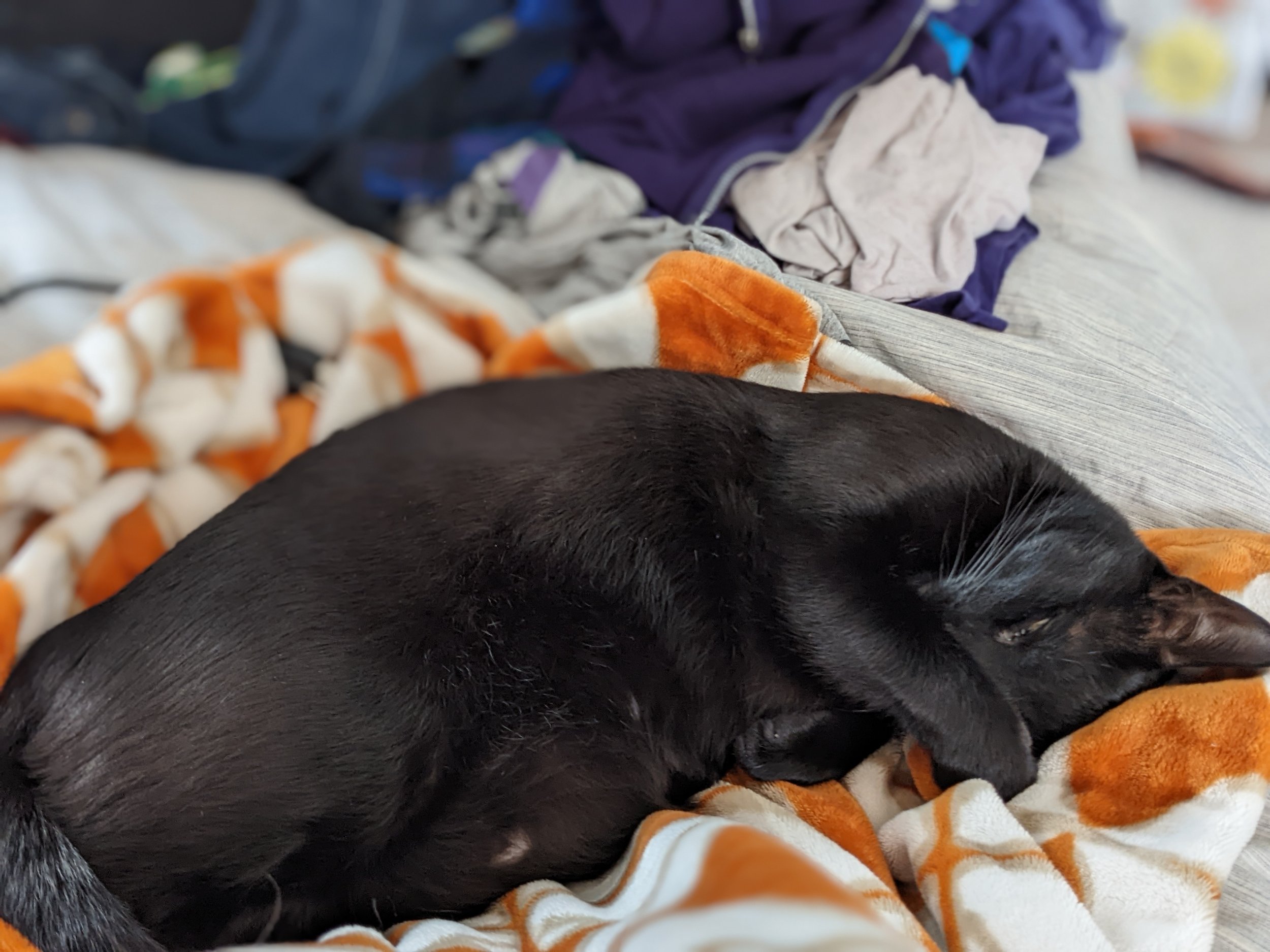Author’s note: Written February 13, 2019
The Radium Girls: The Dark Story of America's Shining Women by Kate Moore is a nonfiction book about the young women who worked as dial painters, not only handling the highly radioactive substance radium, but ingesting, and even playing with it.
Radium was lauded as the most wonderful discovery in then-modern science. They treated numerous diseases with it. They laced cosmetics and supplements with it. But a significant volume of radium was used to paint watch dials and military equipment for the war effort. Hundreds of girls joined the ranks to paint for persuasively high wages, and those wages are what kept girls working for long periods of time.
Everyone was extremely optimistic. It was a prosperous and exciting time. Girls worked for a few years and then moved on to build families or take other jobs, and everything was swell.
At least, until it wasn't.
The reality is that no one in authority wanted to do anything about radium complaints because of money—and "jurisdiction", and shitty, ineffective laws. These radium-producing companies generated a lot of income. They improved towns and paid high wages. They were the pride of their communities. But when things started to go wrong, nobody wanted to look closer. When the country is ravaged by the Great Depression, one doesn't simply kill off the only company making money in the entire community. In Ottowa, the community at large got so mad about the lawsuits that the girls were ostracized by their neighbors and nearly chased out of their church.
Countless women died miserable deaths after being plagued by mysterious misery in life. And nobody cared about these women. Because the money was too good.
Those in power knew early on that radium was dangerous. They just didn't tell the girls. By 1906, it was established that radium could have disastrous effects on the human body. And yet it was not until nearly 1940 that the country and affected women saw change. The EPA was established in large part because of these women, and the radiation in these factory sites is still in the process of being cleaned up. So was OSHA.
Ultimately, these poor women benefited society in a way that has saved more lives than were lost in the battle in the 70ish years that have passed. But that in no way lessens the tragedy their families were forced to suffer. It does not lessen the absolutely deplorable disinterest of the radium companies to their former employees. It does not justify their unnecessary deaths. The body horror is real in this book. If you have ever needed a root canal, you understand a sliver of a shadow of the end months, years, of these women's lives. I needed 3 simultaneously in March 2018, and I legit wanted to die. I don't think I'm made of strong enough stuff to have survived what those women braved every single day, just to participate in their own lives.
I cried at the end. I scraped by without tears up until then, but not for lack of emotion. By the end it was just too much. Readers need to understand that every reference in this book is real, and this was real suffering that women endured under the boot of capitalism. Consumerism. People wanted the radium products. So the radium companies kept making money. Hand over fist. So why would governing bodies want to kill the industry? It relies on radium, too. Moore offers readers a real, genuine and personal view into the intimate, personal lives of victims. Moore's prose fluctuates in quality from elegant to perhaps tacky or a bit over-the-top, and there are points where she focuses too heavily on on particular detail—Grace's death, for example, receives far too much page time—to the detriment of other details—Grace's death eclipsed any details about the other 4 women involved in that first court case. However, Moore's attention to detail is at times admirable, even where it is clearly manufactured for the sake of connecting to the reader's humanity and empathy. Through this, you grow close enough to these women that you feel it when they die. It takes an emotional toll—but it's worth it, and it's important to pay respects to these largely unsung heroes who have, through their absolute suffering and misfortune, prevented the mutilation of countless more.
The reality of life is that you cannot trust a corporation that exists solely to make money—as all corporations are. While we live at a particular intersection of economic struggle and increasing social awareness of the oppression and suppression of vulnerable people—i.e. literally everyone who can't afford to not have a job—that makes us acutely aware of the "fakeness" (no it's not a word but my brain is struggling) of everything organizations do to "prove" that they care about us: Corporations don't have morals, they have cunning marketing teams. Doritos and Skittles don't give two fucks about the LGBT+ community; they care about a public image that continues to make them money. Corporations are inherently exploitative, and will not make changes until they are, in some manner, forced to do so. Any concession for safety was forced through government agencies, laws, and fines significant enough to discourage violating them. We've seen it time and again with a variety of companies in a wider variety of industries. Nobody making money off of a particular activity is going to adjust operations to something that costs more money, even if it's better for workers or the environment. Don't even get me started on ecological damage caused by corporations and capitalism.
Consumerism is nearly synonymous with capitalism, but the ultimate evolution of consumerism is materialism, which is a flaw that lies in us. We value convenience over conscience. We accept a lot of unideal things—topical: private information/security violations by the social media and online shopping sites we frequent—because it's more convenient. I don't have to leave my house to buy stuff when I can get it online, and I don't like to go out into public, so even though I actively complain about companies—cough cough Amazon cough cough—I still spend hundreds of dollars there every year. We are all, and have always been, at fault—to a lesser degree than the corporations we're forced to support (because finances are always a factor, as well as the availability of competition, and variety of products), but at fault nevertheless.
Especially when you are markedly and unfailingly aware of the curse of capitalism, it takes a strong stomach and stronger resolve to go through the entirety of this book. But, again, it is worth it. Steel your heart—and your sympathy—and take the plunge.
Don't worry: There's no radium in the pages.










